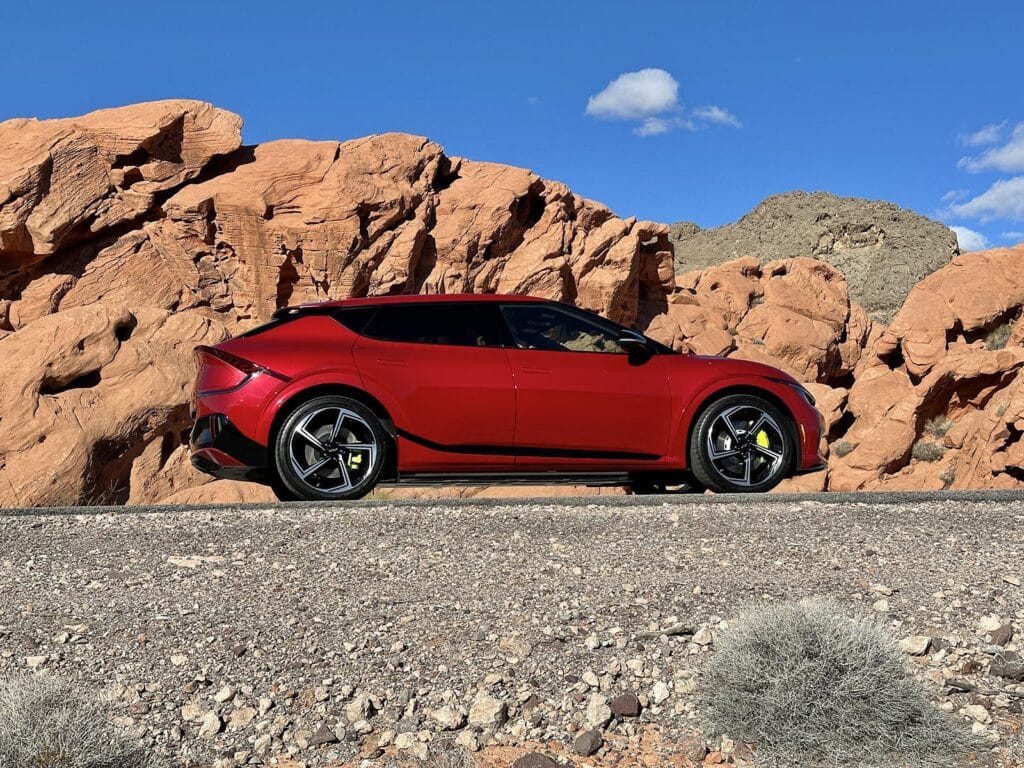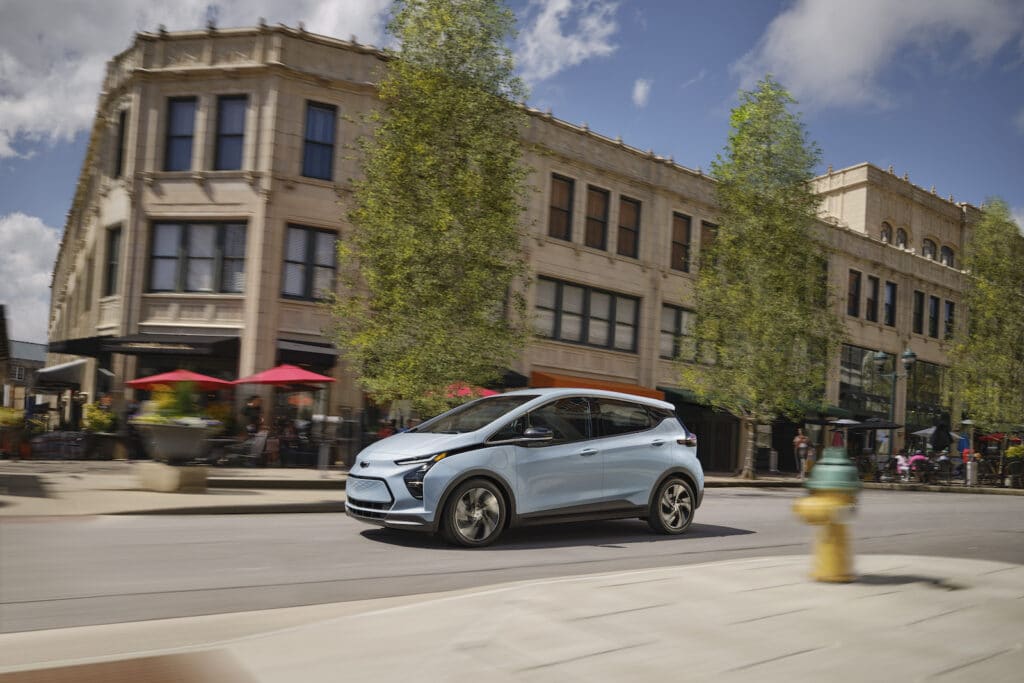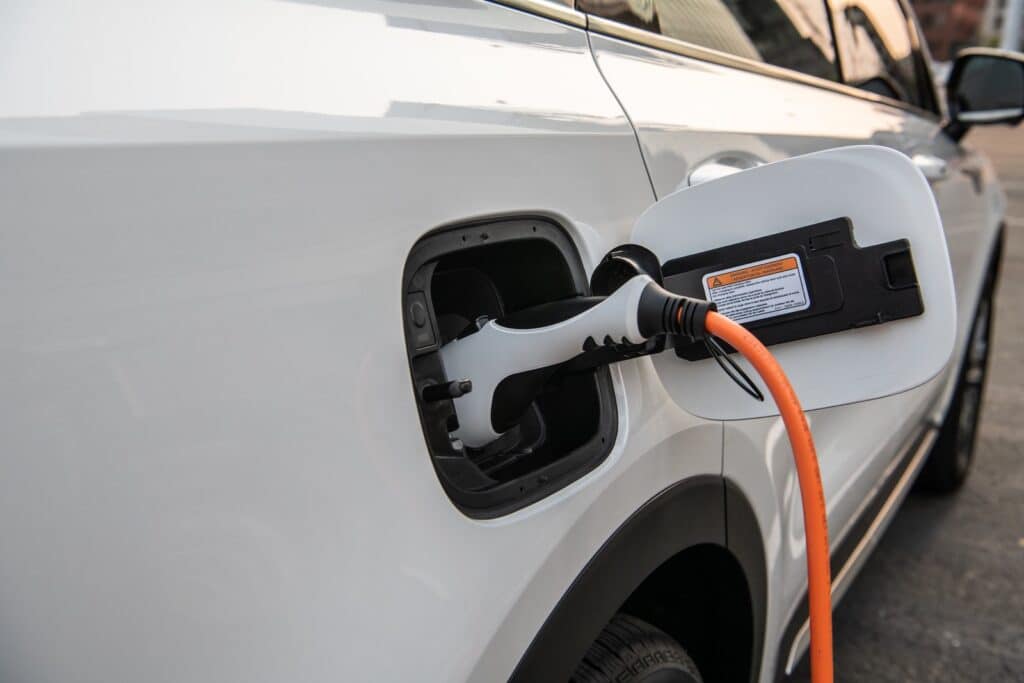EVs more cost more up front, but typically boast sharply reduced operating costs, especially the amount of money American motorists spend on energy, compared to gasoline-powered vehicles, according to a new study by the University of Michigan.

Ironically, its mid- and upper-income households are the most likely to benefit from the transition to electric propulsion, finds the school’s Center for Sustainable Systems. The lowest income Americans “could get left behind,” it said in a summary of the new study.
“Our results confirm the potential for widespread benefits from EV adoption,” said study co-author Joshua Newell.
“However, EV ownership in the U.S. has thus far been dominated by households with higher incomes and education levels,” he added, suggesting, “Policy interventions are needed to increase EV accessibility so that all Americans can benefit from the EV transition.”
Saving on energy costs
All told, the U-M Center for Sustainable Systems estimates that more than 90% of vehicle-owning households in the U.S. would lower the share of their income spent on transportation energy by switching from gasoline to electricity.
In some parts of the country, vehicle owners switching to an EV could reduce their spending on energy by $600 or more annually, while also cutting their annual carbon footprint by as much as 4.1 metric tons.
The study found that the sharpest reductions in both energy costs and greenhouse gas emissions would come on the West Coast and parts of the Northeast, “due largely to cleaner energy grids and lower electricity prices,” a summary of the report noted.

Benefits vary by region and income level
The savings would drop in some locations, notably in the Midwest, as well as Alaska and Hawaii, the two states where consumers pay the most for electricity. Some of the lowest savings, according to the authors, would come in Michigan, home of the Detroit Big Three, all of which are making significant investments in battery-electric vehicles.
Several factors reduce the benefits of going electric, including cold winter temperatures that lower EV efficiency, as well as high prices for electricity provided by grids heavily reliant on fossil fuels.
“We identified disparities that will require targeted policies to promote energy justice in lower-income communities — including the subsidizing of charging infrastructure — as well as strategies to reduce electricity costs and increase the availability of low-carbon transportation modes such as public transit, bicycling and car sharing,” said study lead author Jesse Vega-Perkins.
Low income, higher energy costs
The study found the lowest-income households currently bear the highest costs — as a share of overall income — for transportation energy. And they’d continue to bear a higher burden, even if switching to EVs.

“Essentially all households with incomes of less than 30% of the local median would experience moderate or high EV energy burdens,” the summary indicated.
EV costs out of reach for many
The University of Michigan report did not factor in vehicle costs. But that could lead to an even greater wealth-based disparity, other studies have shown.
In 2022, the cost of the average EV sold in the U.S. came in above $65,000, according to industry data. Adjusted for the type of vehicle and added accessories, that was about $10,000 more than a comparable gas-powered product. And that has priced new battery-electric vehicles out of reach for a large share of U.S. buyers, especially those in lower income levels. As a result, they’re less likely to benefit from lower EV energy costs no matter where in the U.S. they live.
Only a handful of automakers, including General Motors and Nissan, now offer EV models for less than $30,000, but there could be more on the market later in the decade. And research by the Boston Consulting Group, AlixPartners and others have forecast that EV and gas models should reach price parity by around 2028, with electric models subsequently becoming cheaper to both purchase and operate.








If only everything boiled down to cost. There is a whole HOST of other things to consider when buying a vehicle, and EVs STILL have too many drawbacks for them to be taken seriously by the majority of shoppers.